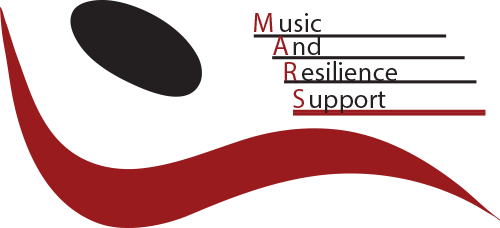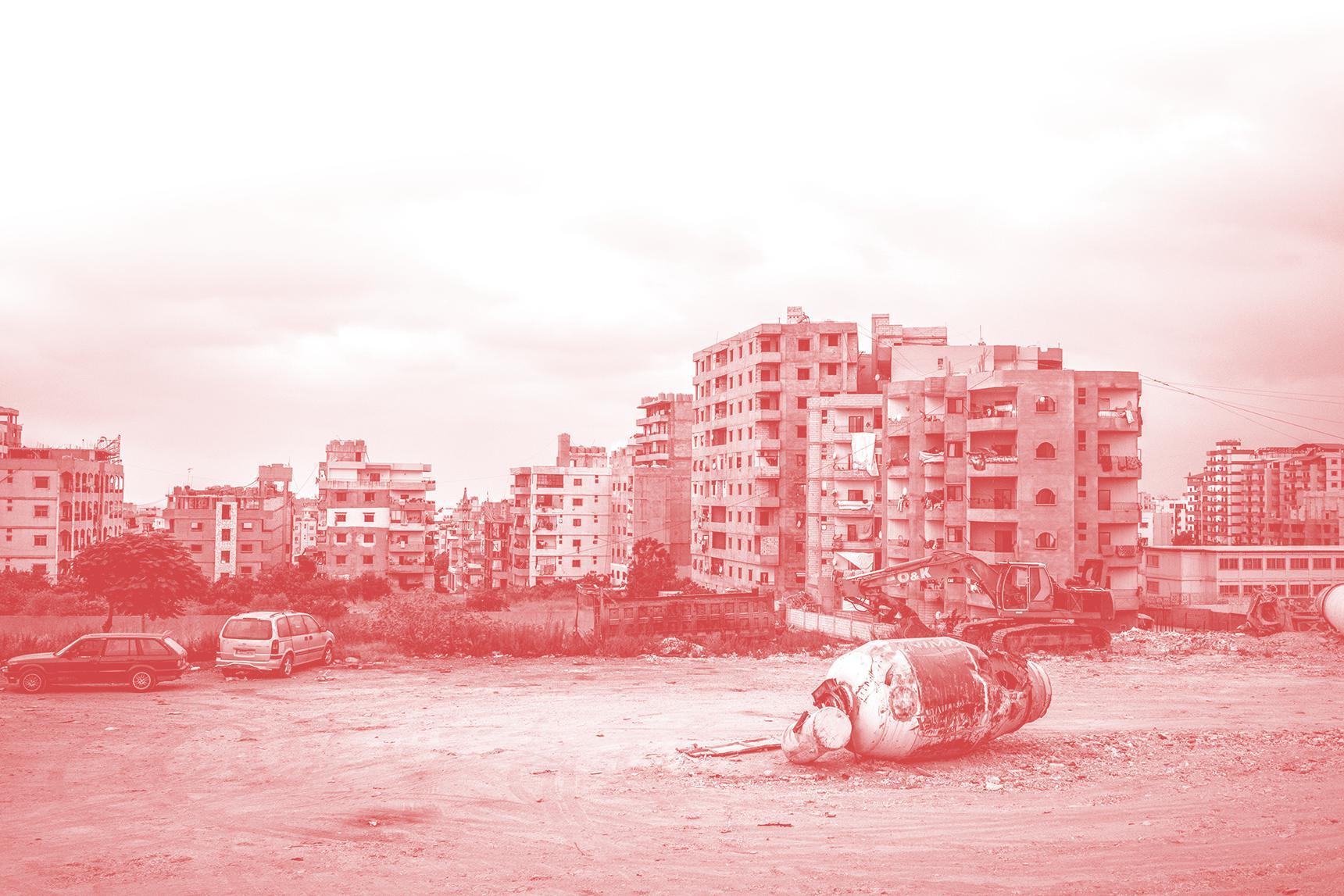Introduction
The module serves to:
- Deepen knowledge and understanding of the transient experiences of disrupted, marginalized and deprived communities;
- Increase awareness and knowledge of the possible biological, emotional, psychological and social consequences of extreme and constant stress factors;
- Promote a basic understanding relevant psychopathology.
Towards critical engagement: building foundations for 'sound' PS
- How much do we need to know about the possible causes of the behaviour we see in our PS music sessions?
- What information will be useful to help us gauge the most welcoming and available stance as facilitators of music groups?
- What do we need to understand about chronic loneliness, stress and trauma, in order to work serenely with people affected by these factors, in a caring and protecting relationship for all involved (including us!).
Webinars
Introduction webinar
watch introduction webinar by Mohammad Orabi
Ice-breaker
The video shows a moment during the MARS Pilot training seminar (Italy, July 2016) where groups play the the 'Blindfold Rope game': teamwork investigating the personal space involved in communication and trust building.
Assignments
The assignment proposals are designed to facilitate:
- the combination of research into theories defining the bio-psycho-social risk factors represented by deprivation and marginalization;
- the application of these theories in relation to communities known to you;
- the development of your capacity to use self-reflection to inform your understanding of the dynamic processes.
You are strongly recommended to work in groups: to generate and pool experiences and ideas amongst yourselves, and to develop group assignments.
These do not necessarily have to be written documents - feel free to be creative about your communication method (oral presentation, powerpoint, multimedial, text, etc...)
Assignment proposal 1: trauma and marginalisation
a) Present the characteristics of a community you know/have worked with, which is suffering from trauma and/or marginalization, briefly illustrating the following:
- What are the community's origins social/cultural/historical/political/geographical …)?
- What is the comunity's present situation, if different from its origins?
- What causes the community's pain and suffering and what effects does this have on community members?
b1) If you have worked/are working with a group from this
- What is the age of members of your target group?
- How are you supporting them and why do you think these methods are important?
- What are your feelings and impressions when working with them?
- What difficulties have you encountered?
- Have you noticed changes as a consequence of your work (in the group members/in you)?
b2) If you have not worked with this community:
- What support is being given as protection against the risk factors (by the hosting community/other organizations from inside or outside the community)?
- Is this support effective?
- What more is needed in your opinion?
Assignment proposal 2: Stress, normal, extreme and toxic
Explain the differences between normal daily stress and toxic stress, illustrating how the the brain is affected and describing the biological, behavioural and social signs of toxic stress in general and the risk indicators specific to toxic stress due to abuse.
Assignment proposal 3: Social Isolation
Through the presentation of a case study (from personal experience, or taken from literature/film/media…), illustrate the phenomenon of social isolation related to stigma (due to organic/physical/mental/social causes), explaining:
- The person's background and history;
- Details of the social isolation;
- His/her reactions and behaviour to the situation;
- Sources of support and resilience for him/her (family/community/organizations/government …)
- Coping strategies achieved;
- Your reasons for choosing this case;
- What you would offer, if you were asked to prepare a proposal for him/her.
Resources
Psychology of trauma and torture
- Towers R. - Recognising victims of torture in national asylum procedures. International Rehabilitation Council for Torture Victims, 2013
- James L., Sovcik A., Garoff F., Abbasi R. - Mental health of Syrian refugee children and adolescents. Forced Migration Review
- Perry B. D. - Child maltreatment: A neurodevelopmental perspective on the role of trauma and neglect in psychopathology. In Beauchaine T., Hinshaw S. P. (eds.) - Child and Adolescent, 93‐129, John Wiley & Sons, Hoboken, NJ, 2008
- Types of Abuse/Signs & Symptoms. Hertfordshire County Council
- Effects of psychological torture. The Center for Victims of Torture
- World Refugee Day | what does the word 'refugee' mean to you?
Stress and toxic stress
- Your Brain on Stress and Anxiety
- Toxic stress
- How does 'toxic stress' of poverty hurt the developing brain?
- Navsaria D. - Understanding Toxic Stress in Young Children. American Academy of Pediatrics
- Rice R. - Toxic stress and healthy brain development. Georgia Family Connection Partnership
- Toxic stress: why environment matters. American Academy of Pediatrics
Social isolation
- Bynner J. - Risks and outcomes of social exclusion. Insights from longitudinal data. University of London
- Anttila A., UUsitalo A. (eds.) - Contemporary marginalization and exclusion of young people. Whose reality counts?. Nuora Publications, Helsinki, 1998
- Overton S. L., Medina S. L. - Stigma of Mental Illness. Journal of Counseling & Development 86, 143-151, Spring 2008
- Isolation and sensory deprivation experiment
- Social exclusion (segregation and social isolation)
- The 48 hours are up. BBC Horizon

